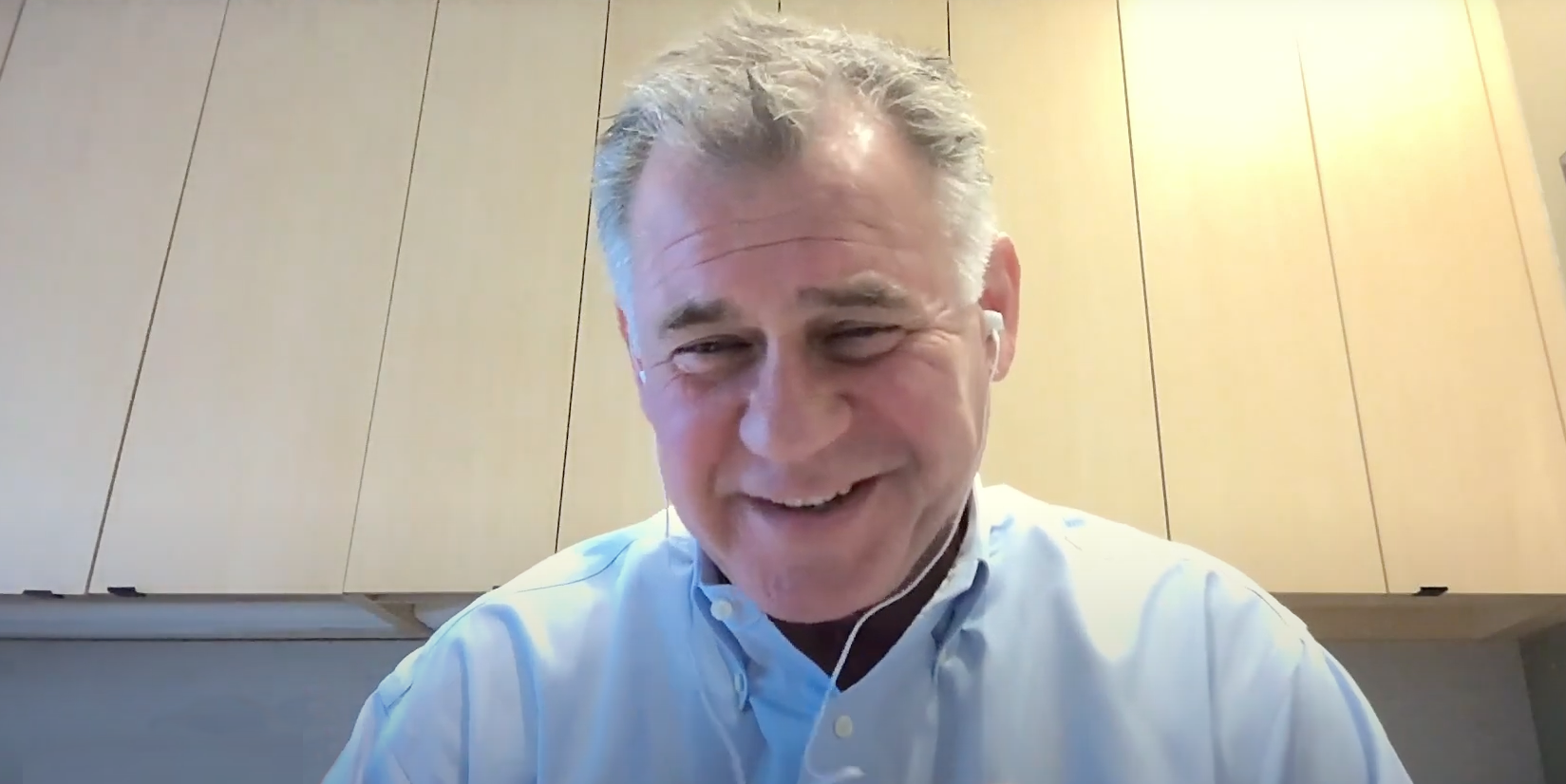Working with world-class coaches has less to do with affording them than with finding them. There are many thousands of workplace coaches in the world. Although the internet is a blessing for researching training experts in almost every field, it also makes recognizing the top ones akin to picking a needle out of a haystack. So if your organization needs the best, here are a few tips to make your search a little easier.
The General Idea
Contracting with a coach is similar to hiring employees:
- Decide on the qualities you are searching for
- Generate a list of candidates
- Check their credentials
- Interview them and create a short list
- Perform a final round of checks and pick the best match
Let’s have a look at how these steps translate into a process for sourcing world-class coaches.
Areas of Expertise
You’re not going to give a “one size fits all” course to your employees, are you? Of course not, because that’s a sure recipe for failure. Instead, you’re going to do some research, perhaps a skills gap analysis, to understand the specific skills that each employee needs. (Doing it at scale? There’s a platform for that!) What you’ll end up with is a shopping list of courses in certain professional skill areas, and you’ll need to find a coach for each topic.
But there’s more to it than that. With such an abundance of coaches out there, it’s worthwhile to look for one with a history in your exact industry. You should search for those who have experience in coaching employees at the right level of the hierarchy. As an example, if you are sourcing for an executive coaching engagement, then get an executive coach.
Finally, choose a coach who is up to date with their techniques and technologies. If you come across an old-school expert who only works 9-5 and in person, you might want someone with a more modern approach. For instance, they’ll have a good presence on Zoom, flexible hours, and an empathic method, which are basic requirements these days, especially when dealing with younger generations.
Bona Fides
This is a phrase that means (among other things) evidence of qualifications and achievements. Once you have located a group of coaches in the right areas of expertise, it’s time to take a closer look at the claims they make as they try to sell their services. You should find a resume-like page on their website or LinkedIn profile. Inspect the details of their education, professional history, client base, and certifications.
Remember, there is no legal requirement for a professional coach to have certification. But if they are missing this qualification, you should pay extra attention to the level of their clientele and the length of time they have been in the business.
Of particular value are their references. Do they work with Fortune 500 companies, or small and unknown organizations? Do they have case studies that can be verified? (More on that later…) Make sure that their references are from paying customers, and not people who saw their YouTube video or got a free consultation.
Social Presence
The quantity and quality of a coaching candidate’s social media efforts are also important indicators. A coach who produces a lot of videos, articles, tweets, and other media might be demonstrating that they have an interest in their profession that goes beyond office hours.
But not if their messaging is junk. You’ll want someone who is expressing unique viewpoints, explaining complex ideas in a simple way, or is obviously an expert in their field.
Similarly, have a look at where and how they are presenting. Being a keynote speaker at an important industry event is a good sign. If they make videos, the quality should be high. Another asset is if they are cooperating with a known industry personality or organization.
Checking their social media output also gives you a feel for their personality and style. Do they drone on, or have a naturally interesting manner? Is their appearance professional? Is their presentation logical and easy to understand?
Interviews
You’ll get an even better idea of personality during an interview, which is the next stage. The important thing here is to see if the impression that you have formed so far stands up to real-time examination. Topics to include in your conversation might be:
- Details of major successes
- A discussion of failures, and why they occurred
- What kind of clients they enjoy working with
- Preferred coaching methods and physical settings
- Their methods of support for clients during and after engagements
As a final part of the interview, ask permission to contact references.
Your Shortcut to World-Class Coaches: Growthspace
Becoming a first-level coach is not easy. You need certifications, experience, the ability to listen and guide, and the right specialty. However, for any coach who wants a place on the Growthspace platform, there is yet another hurdle – evaluation.
Every Growthspace coach is certified by the International Coaching Federation, but that’s not enough. After each engagement, Growthspace coaches are evaluated on a five point scale. If they score below four, they lose their listing.
That’s tough, but it’s also just one of the many ways in which Growthspace retains its incredible level of quality and customer satisfaction.




